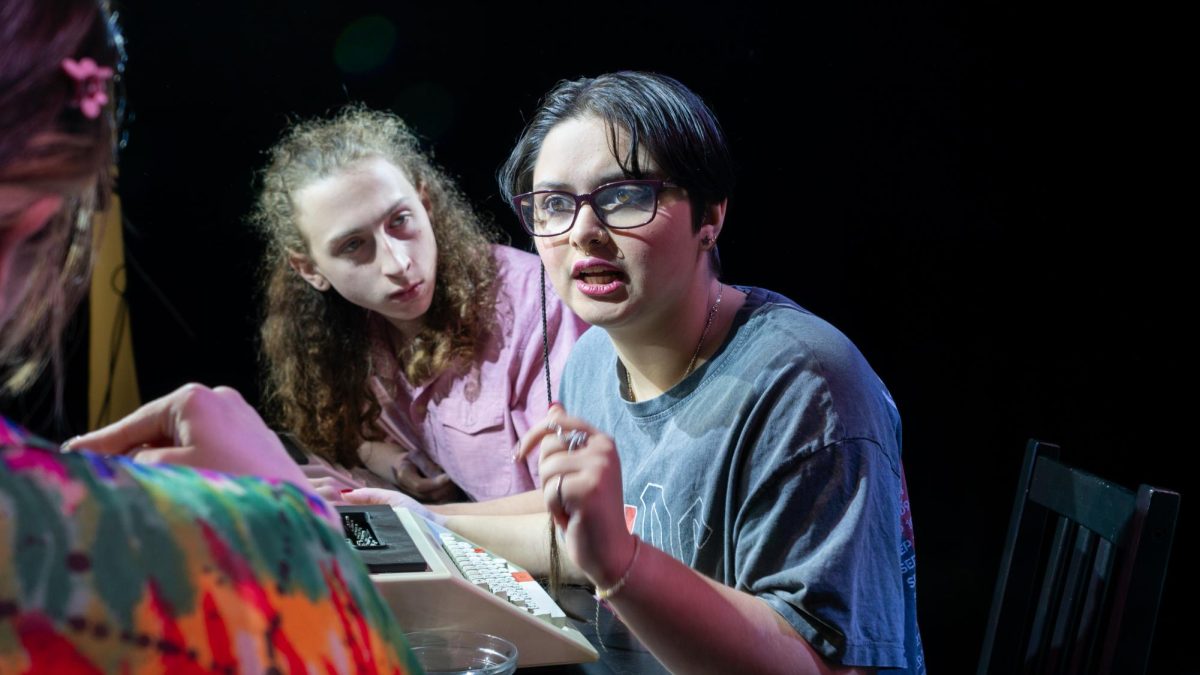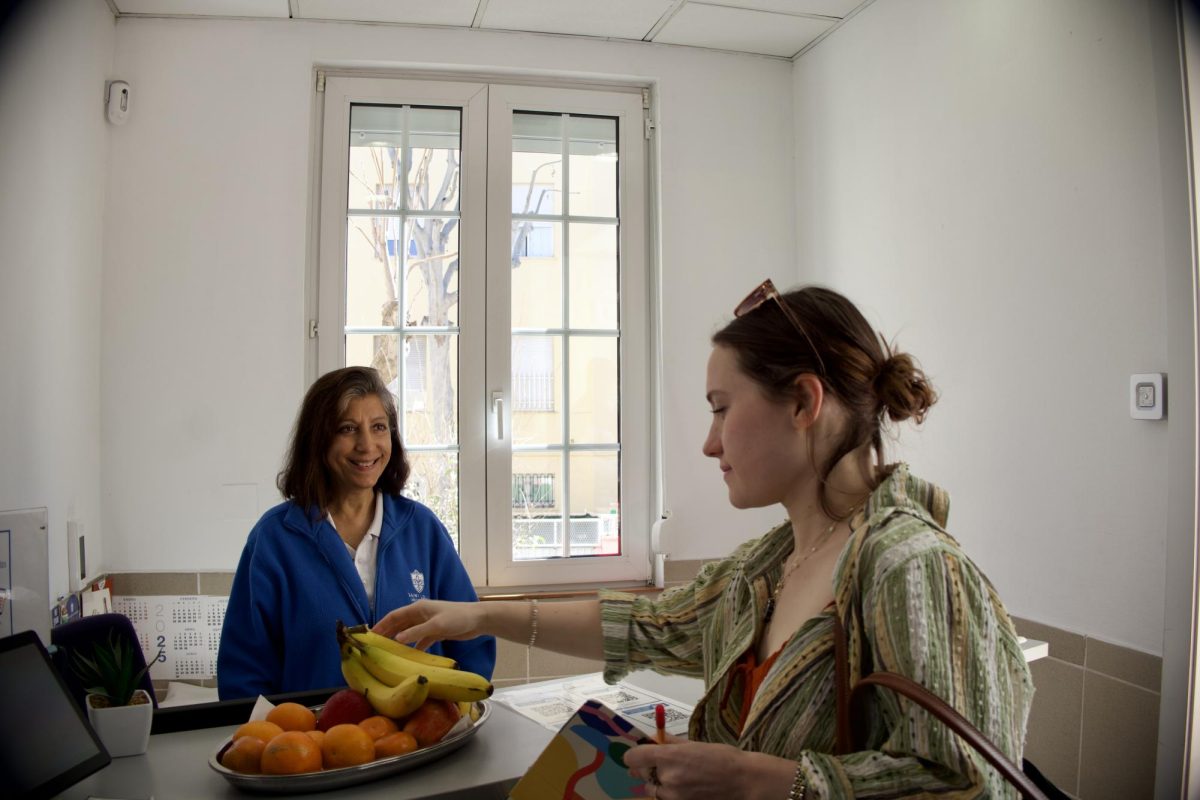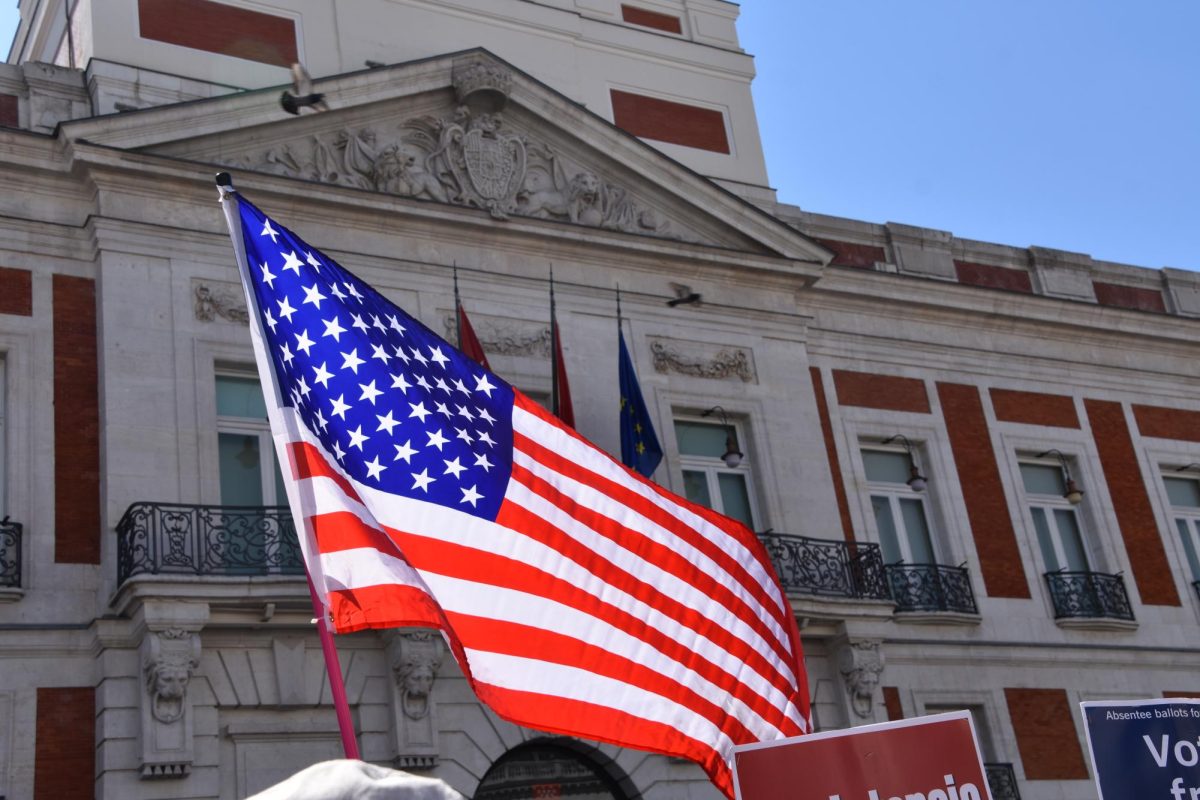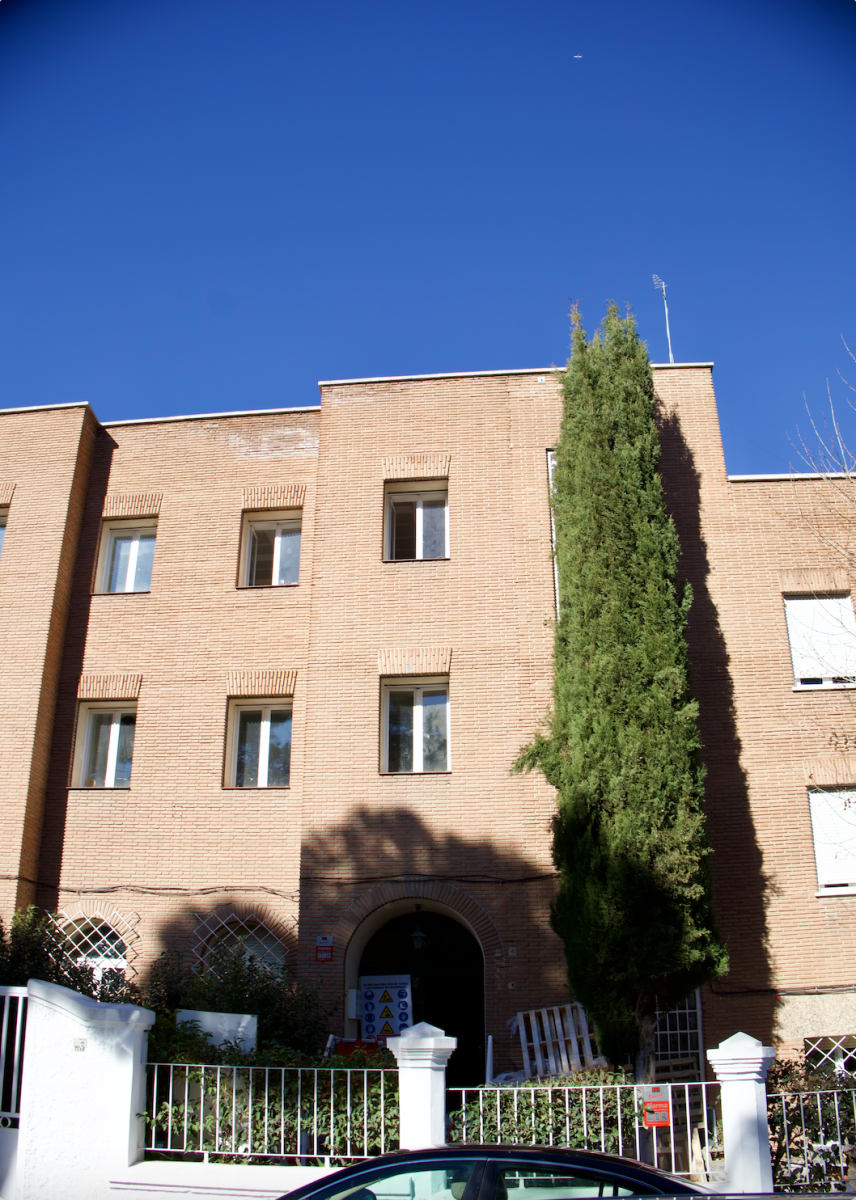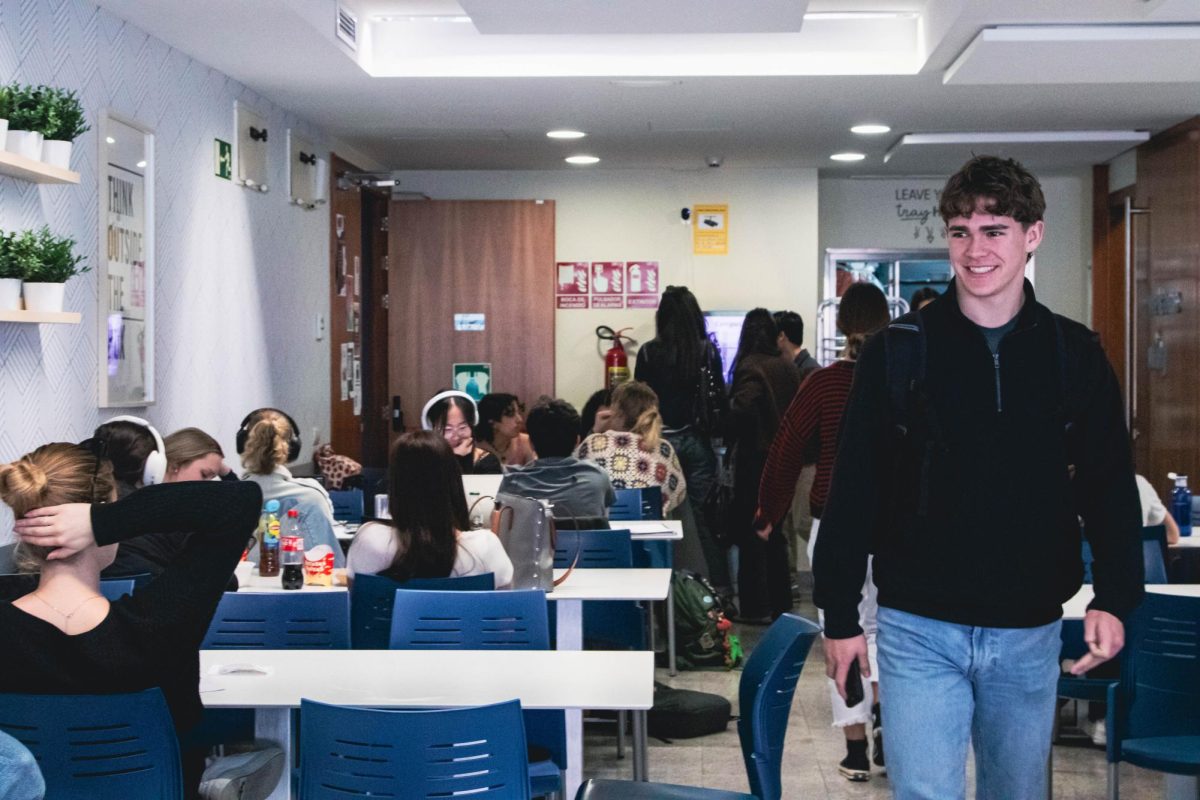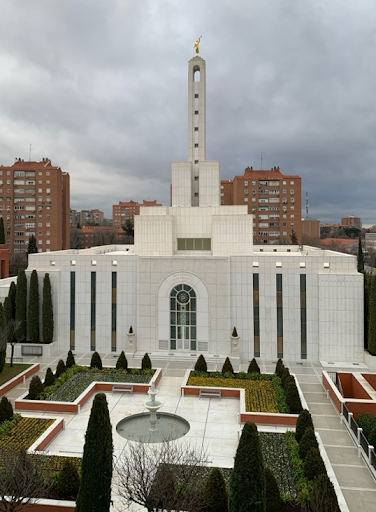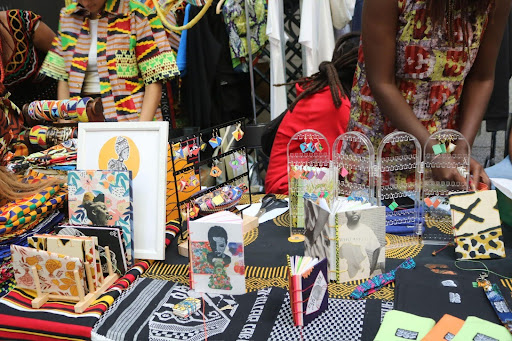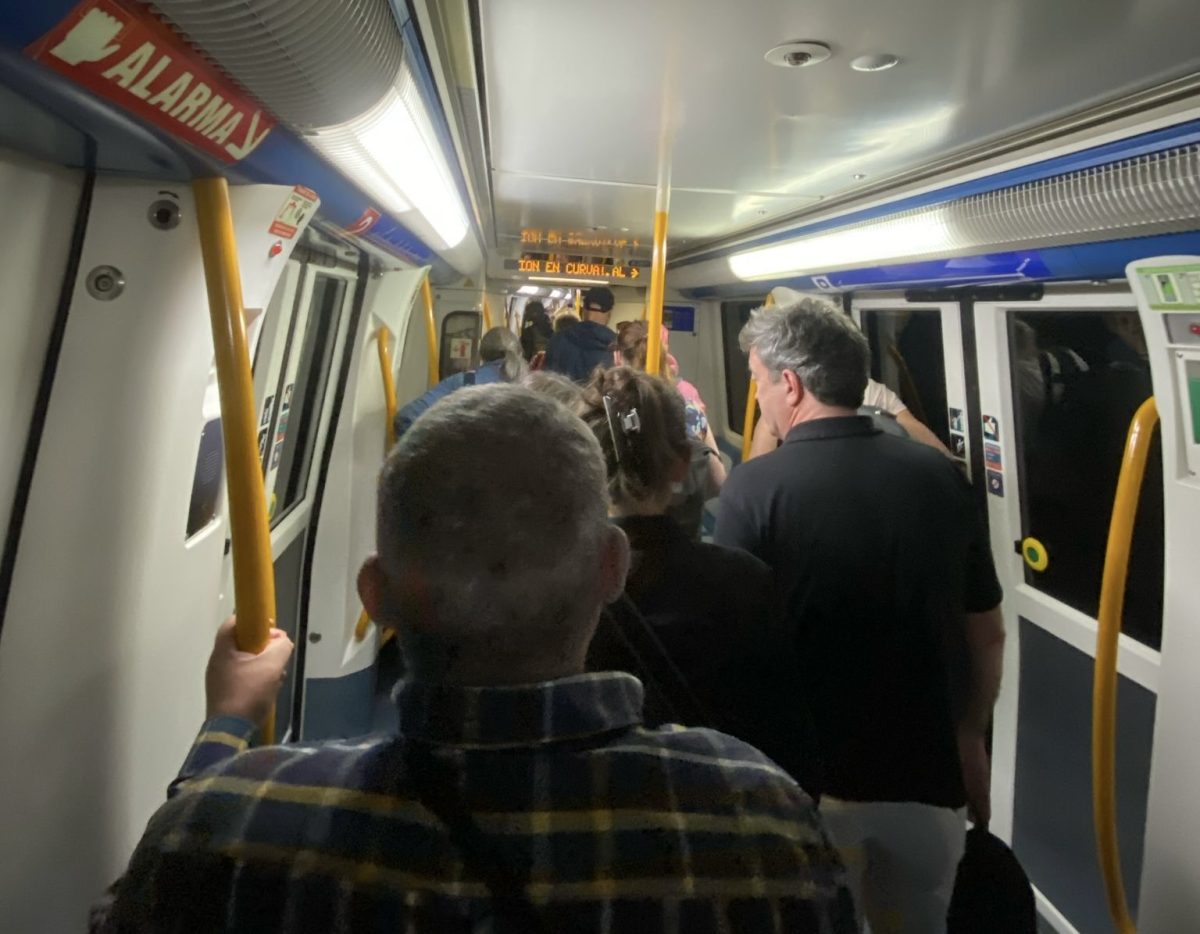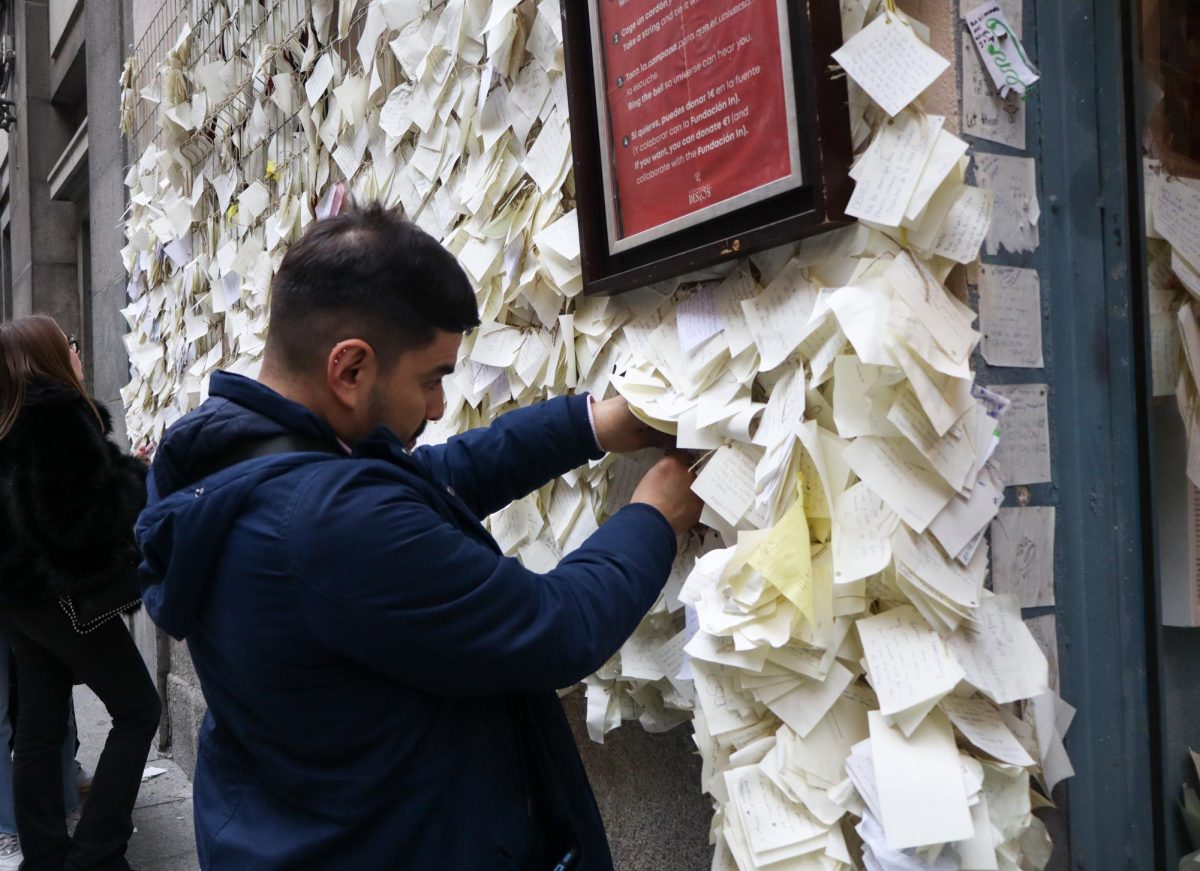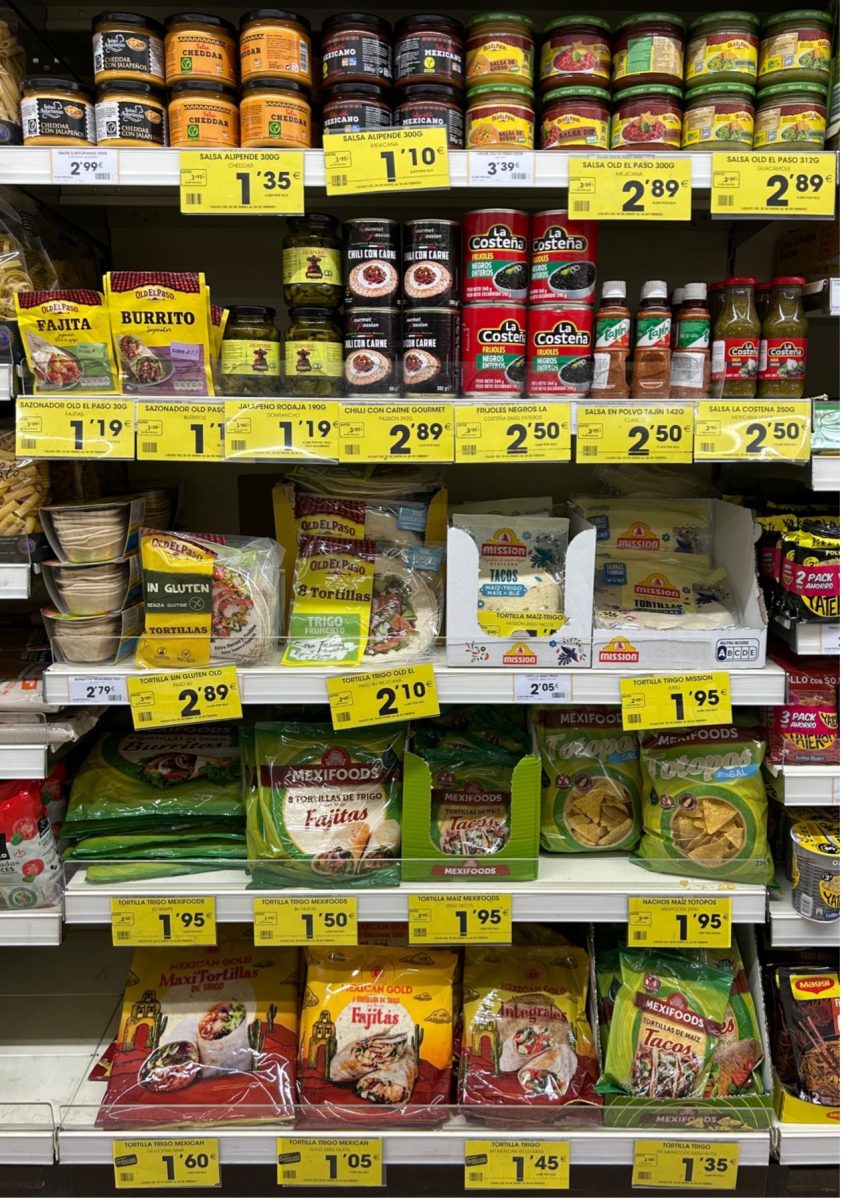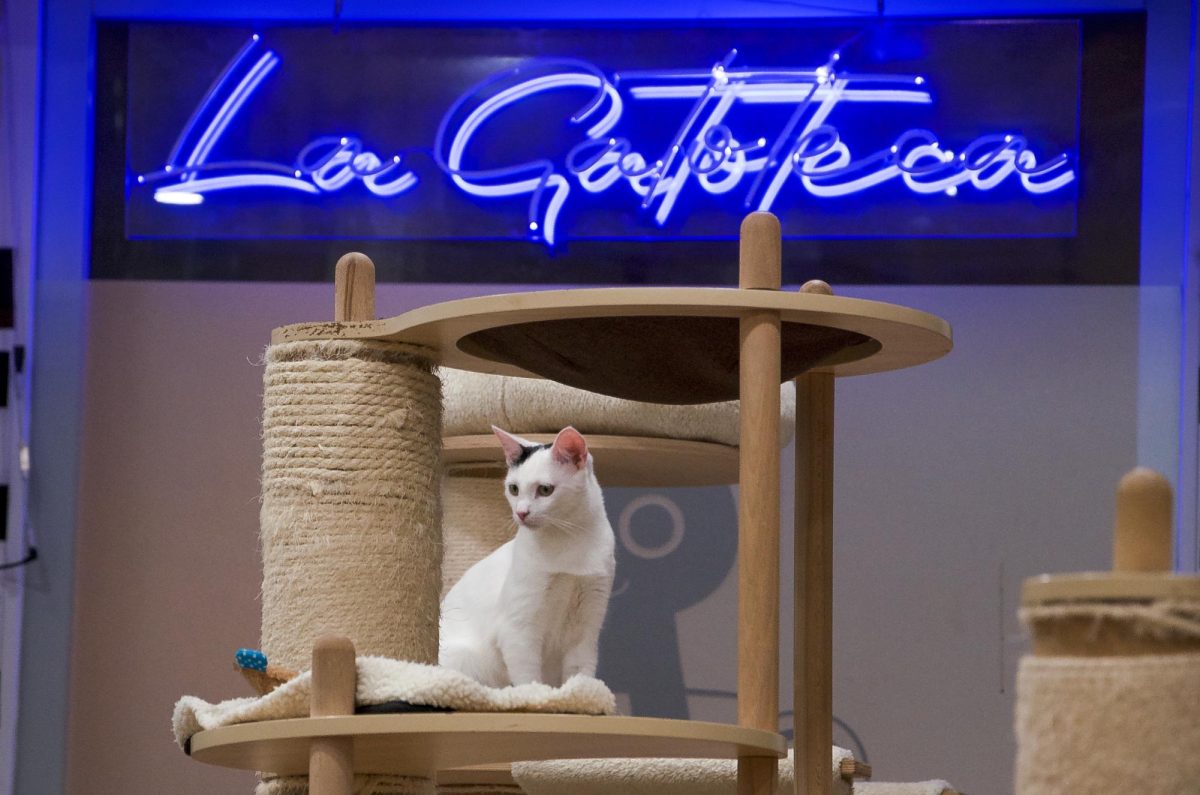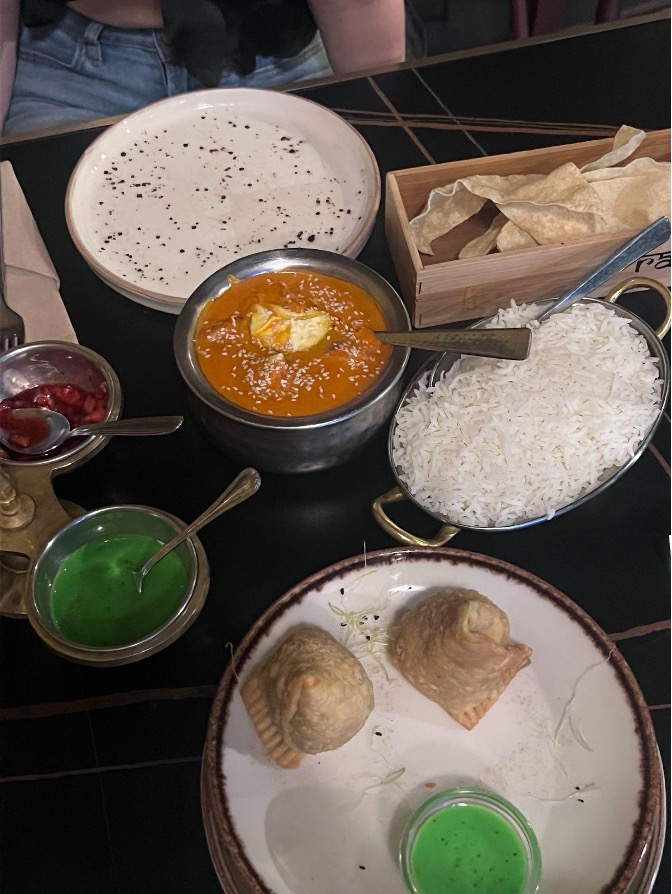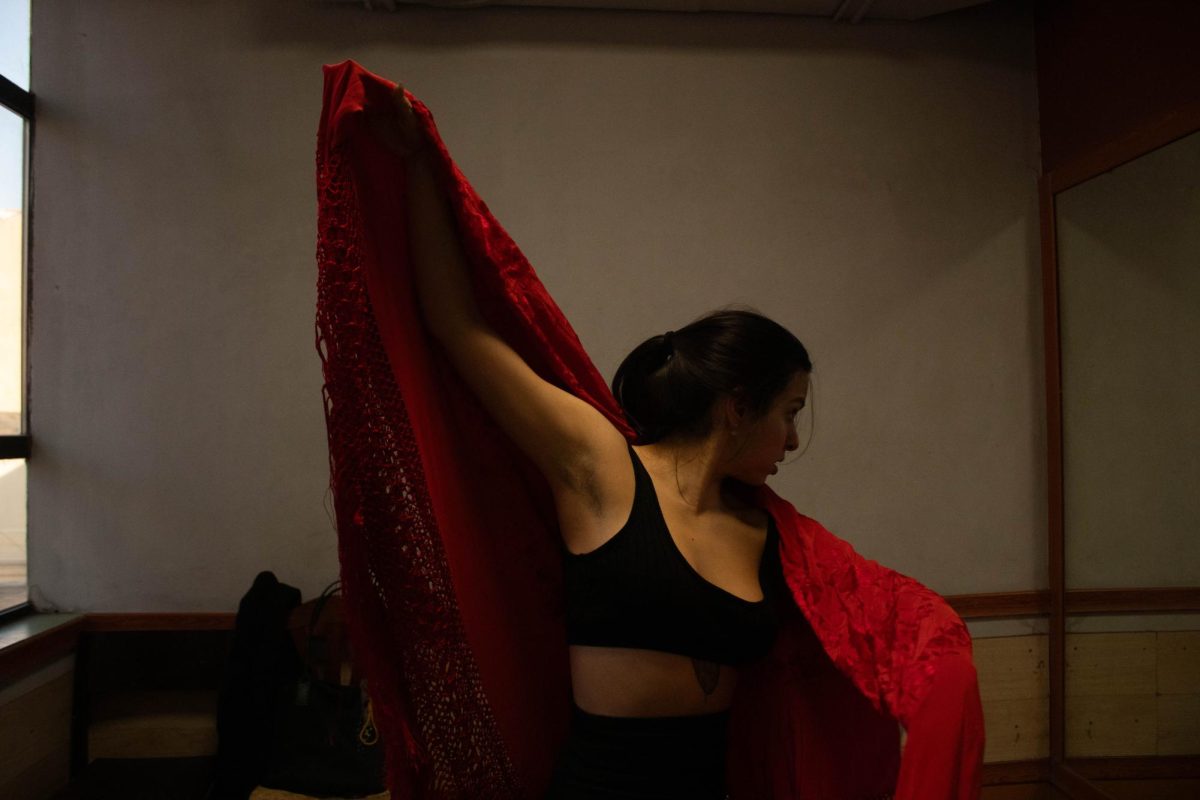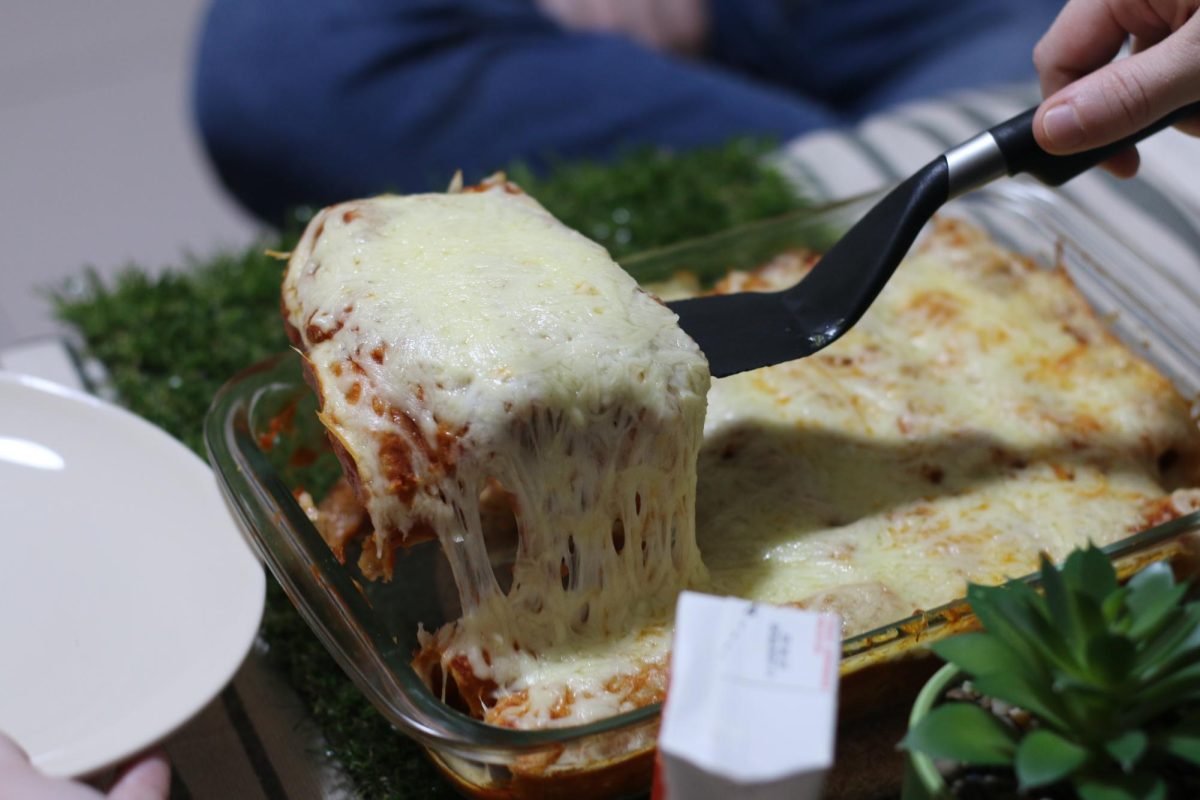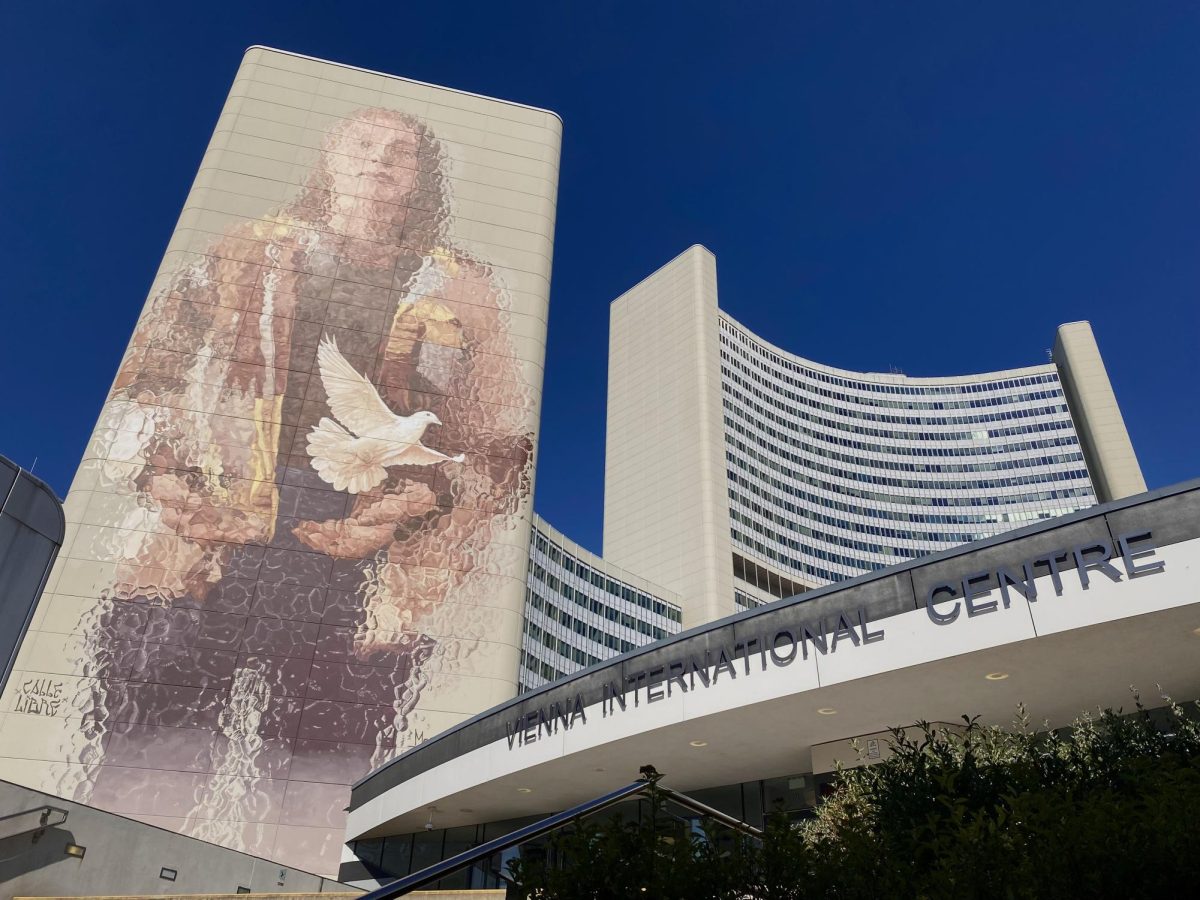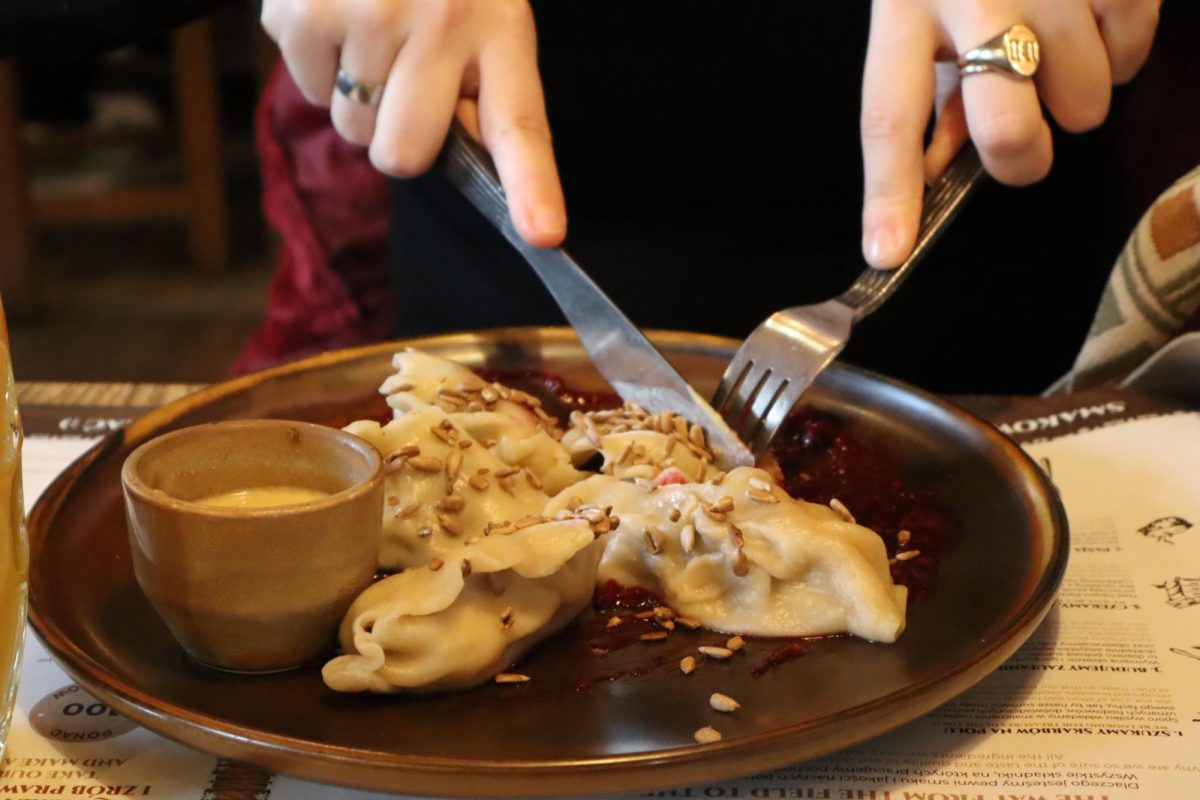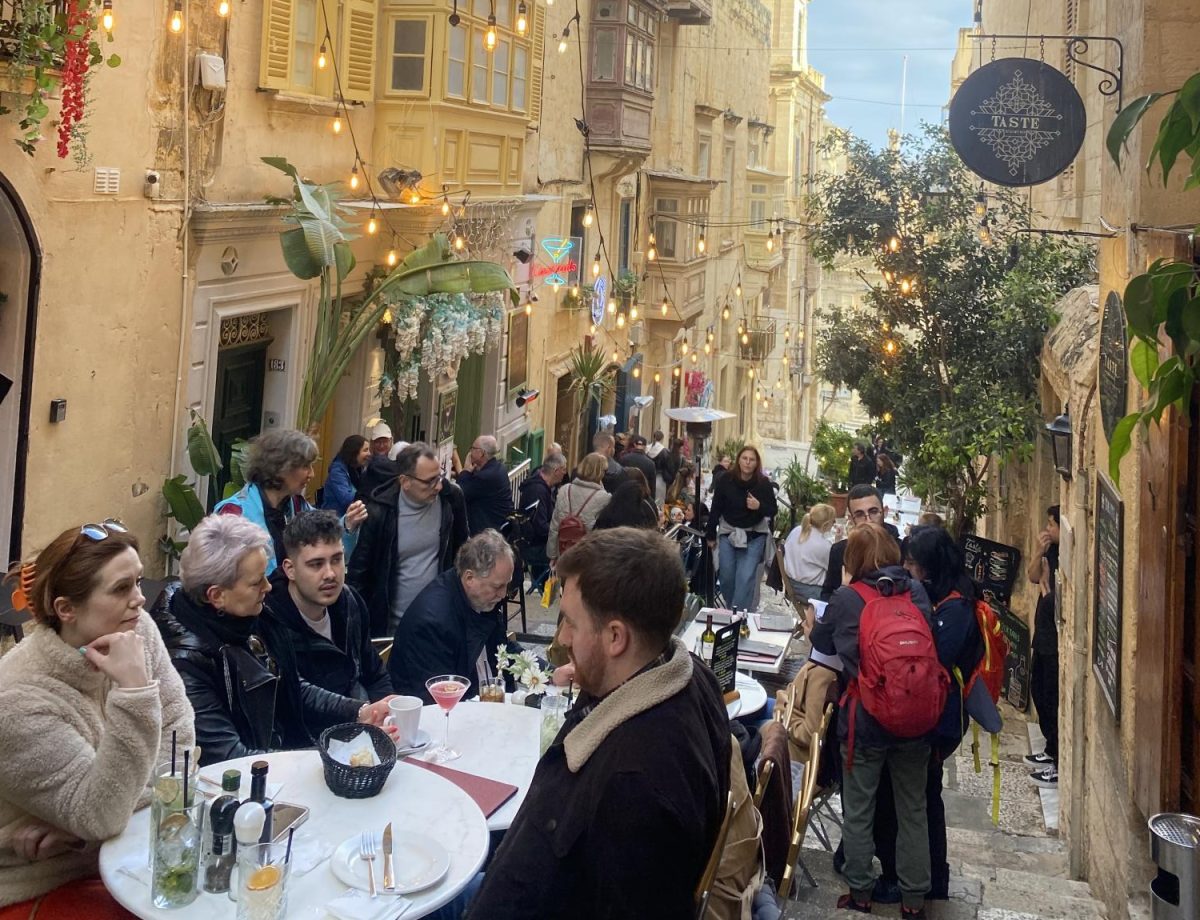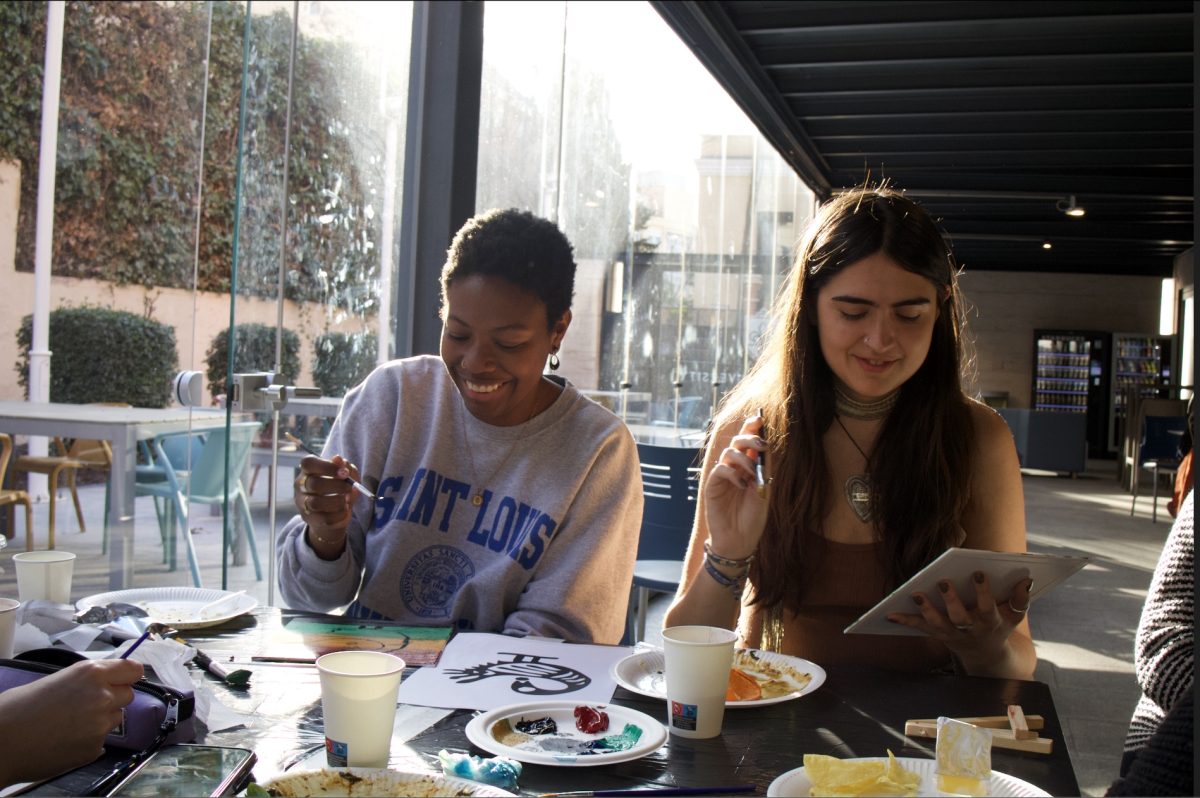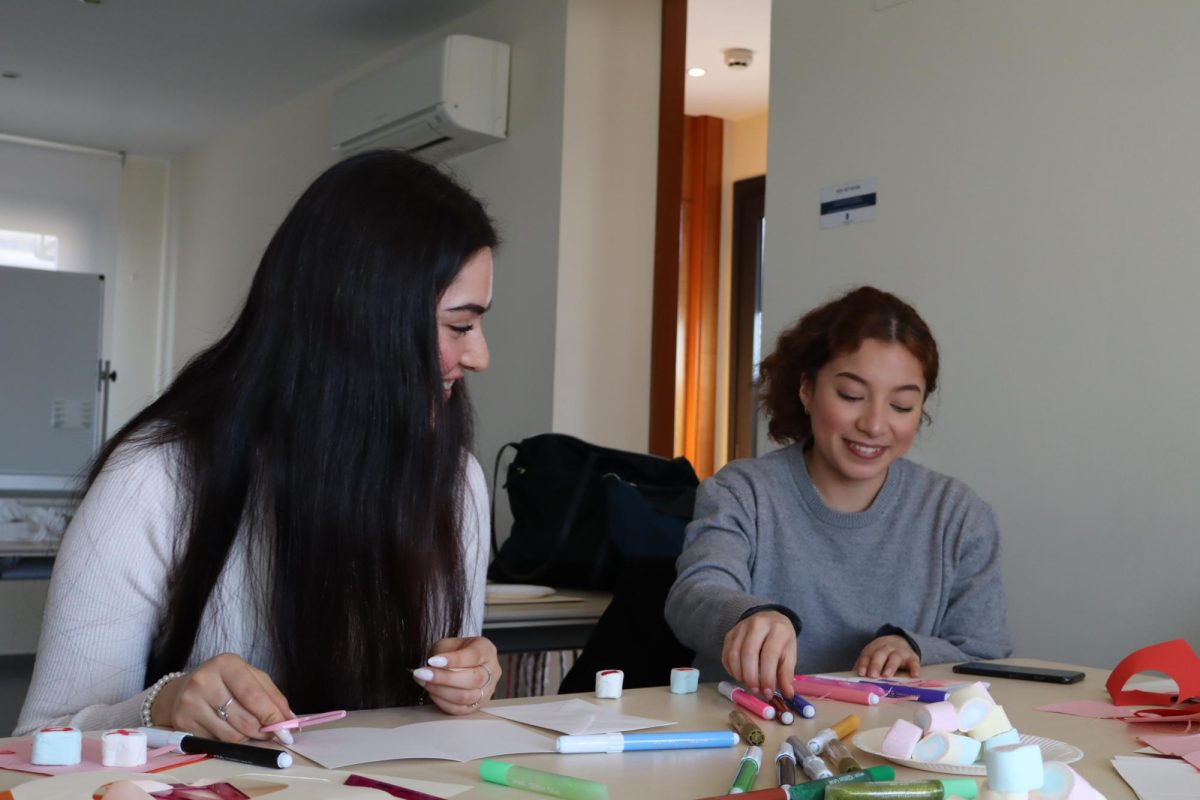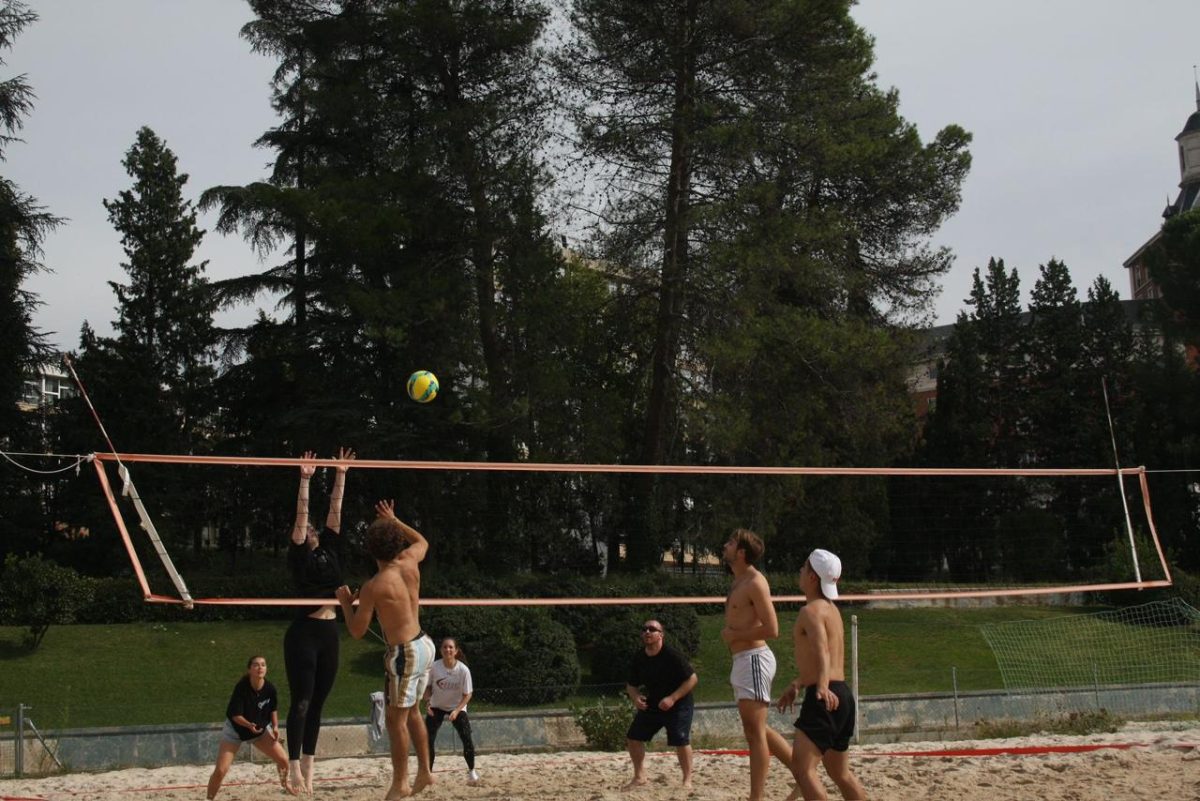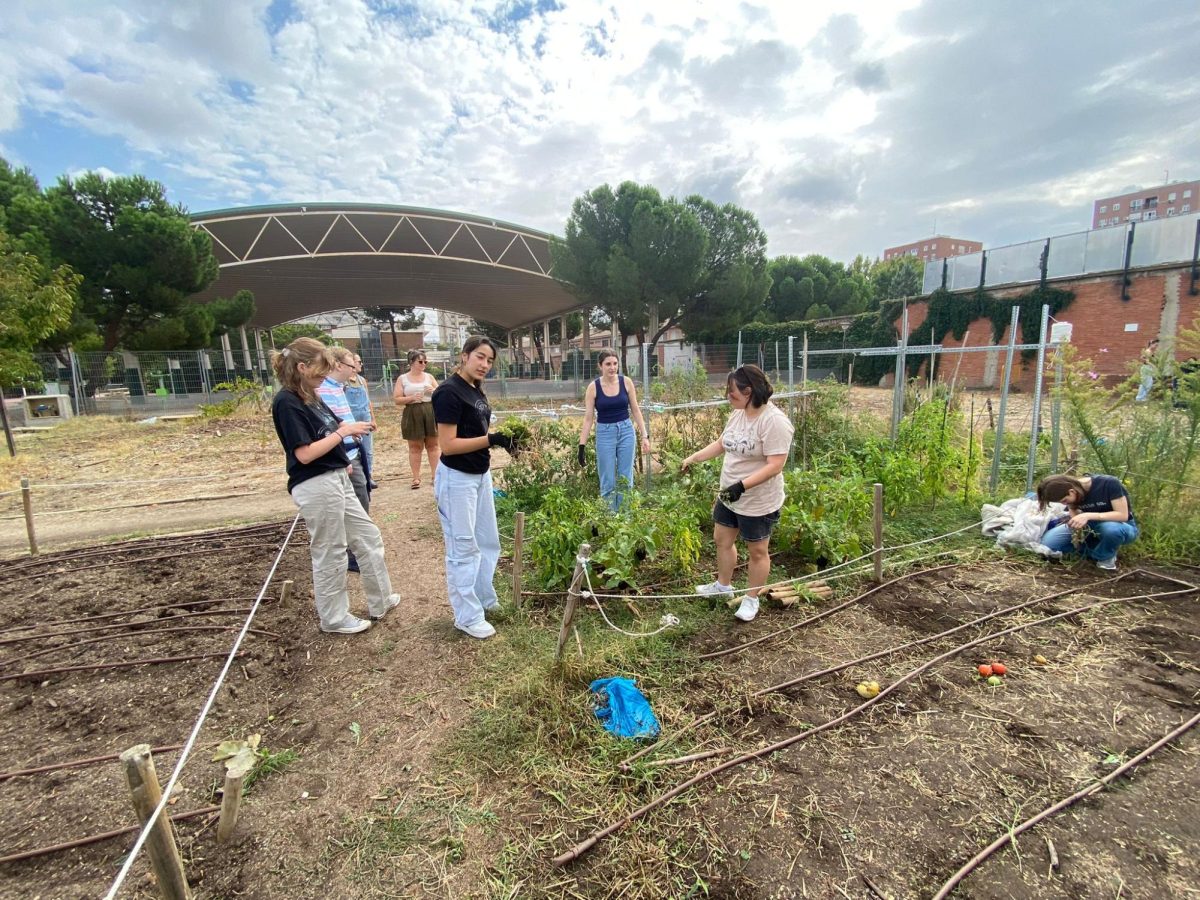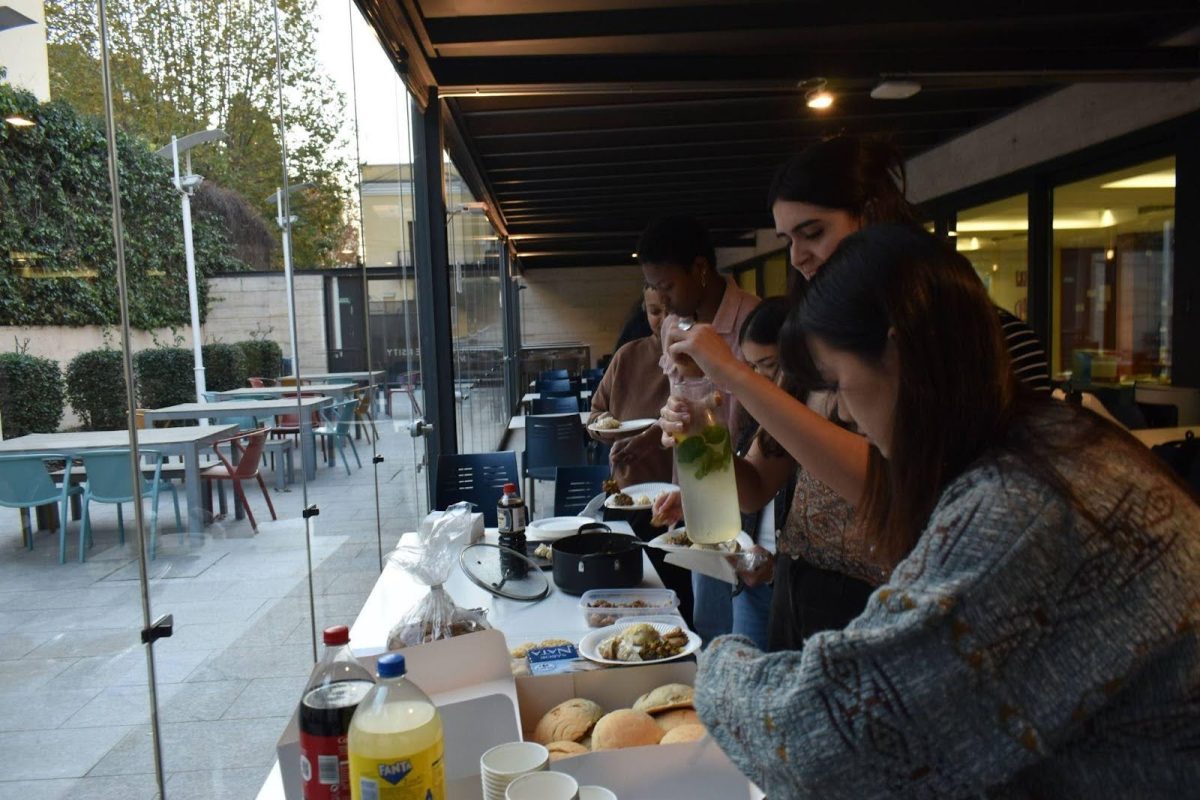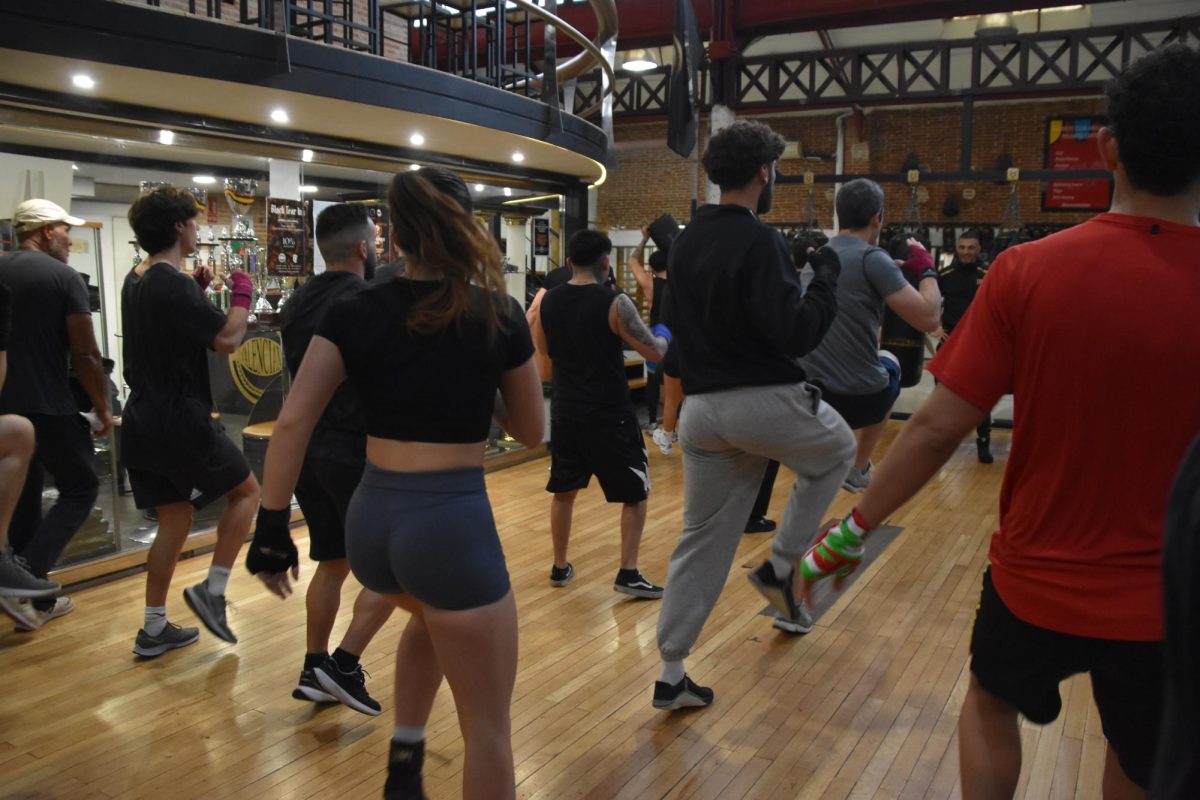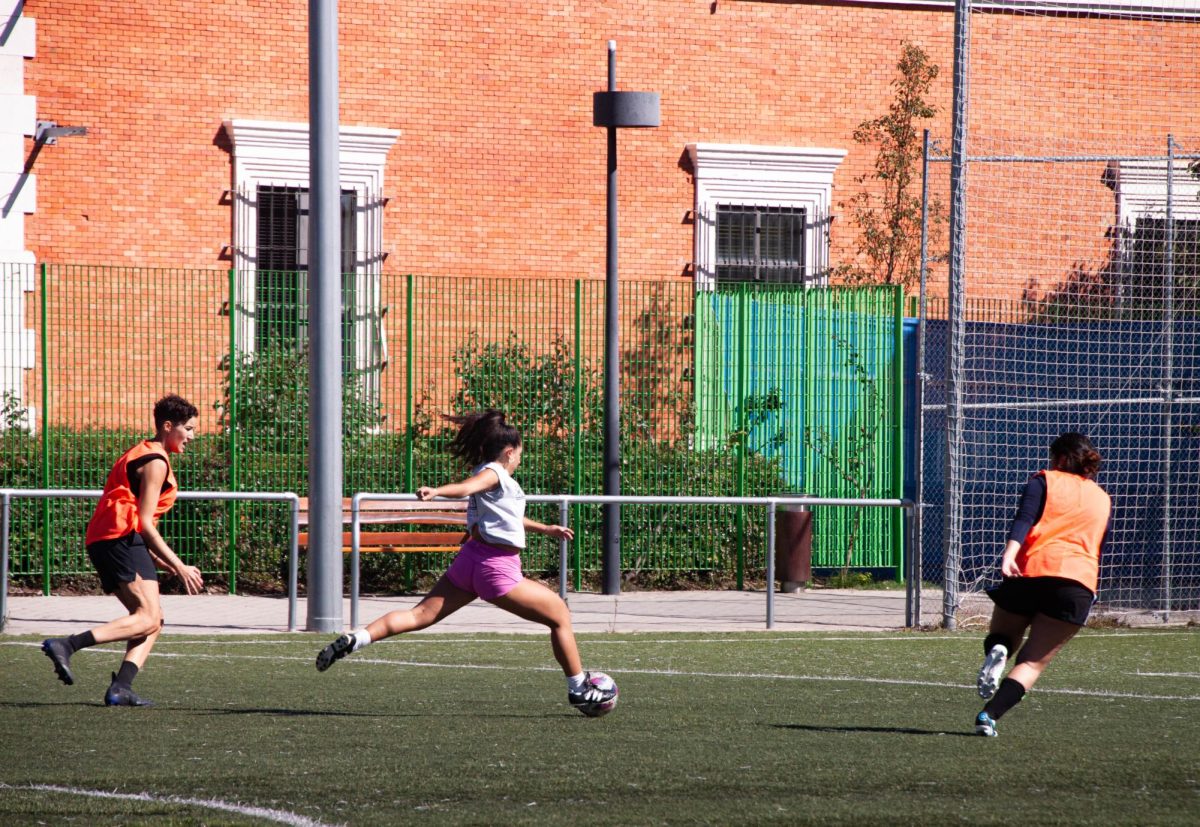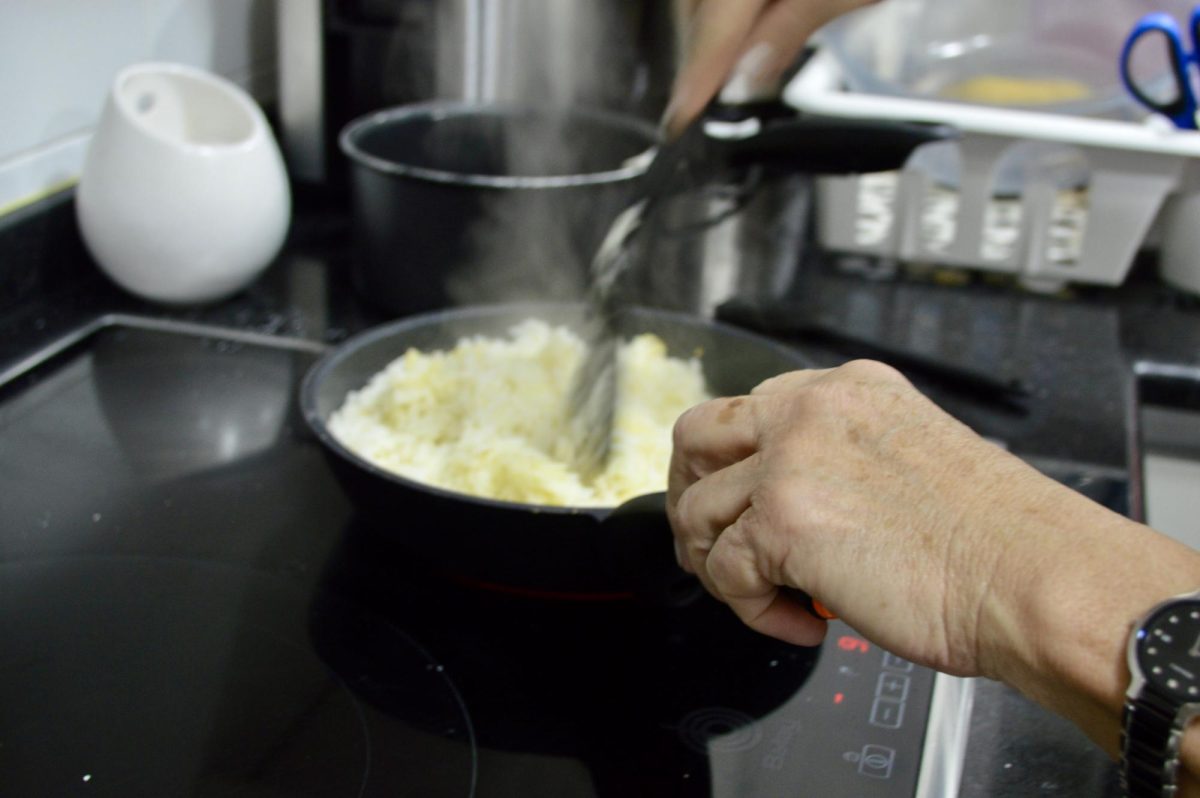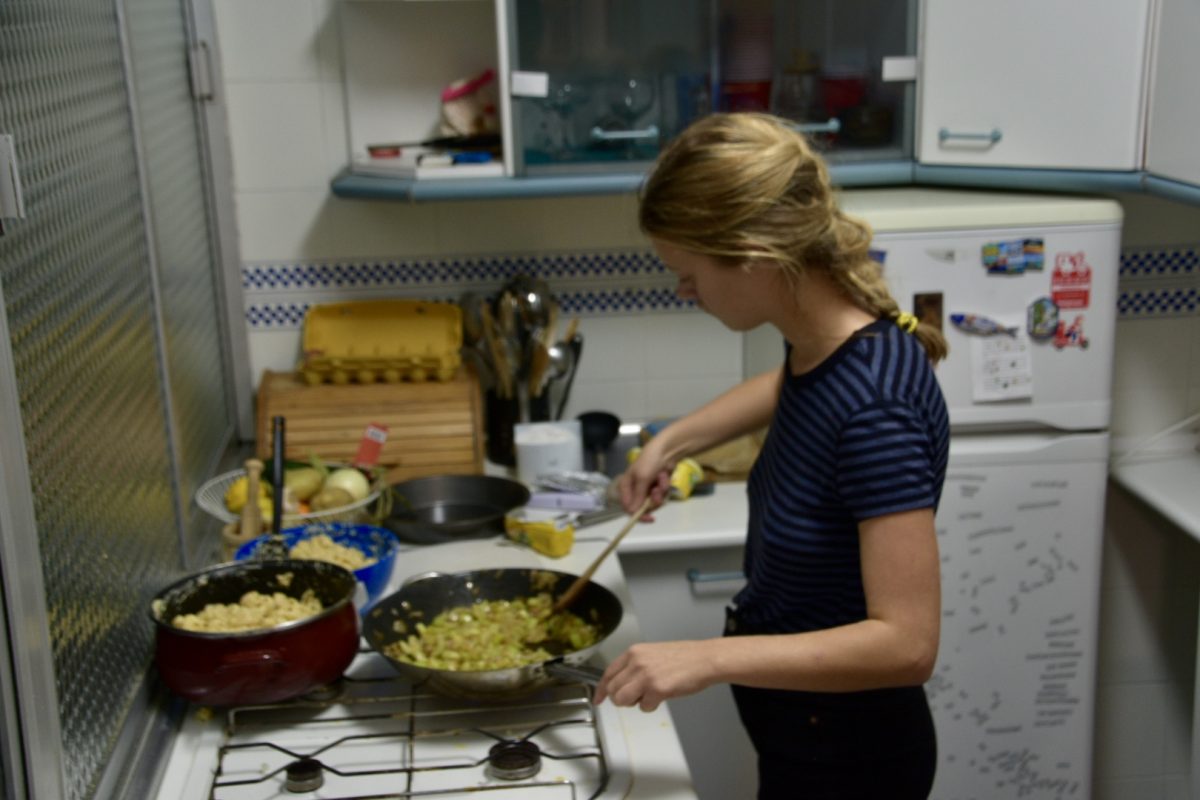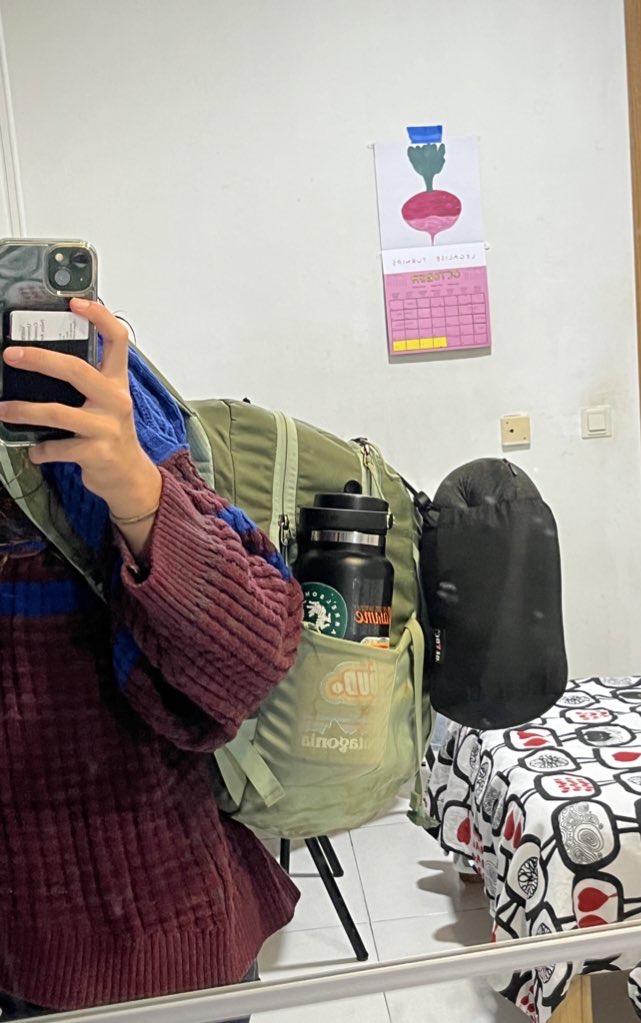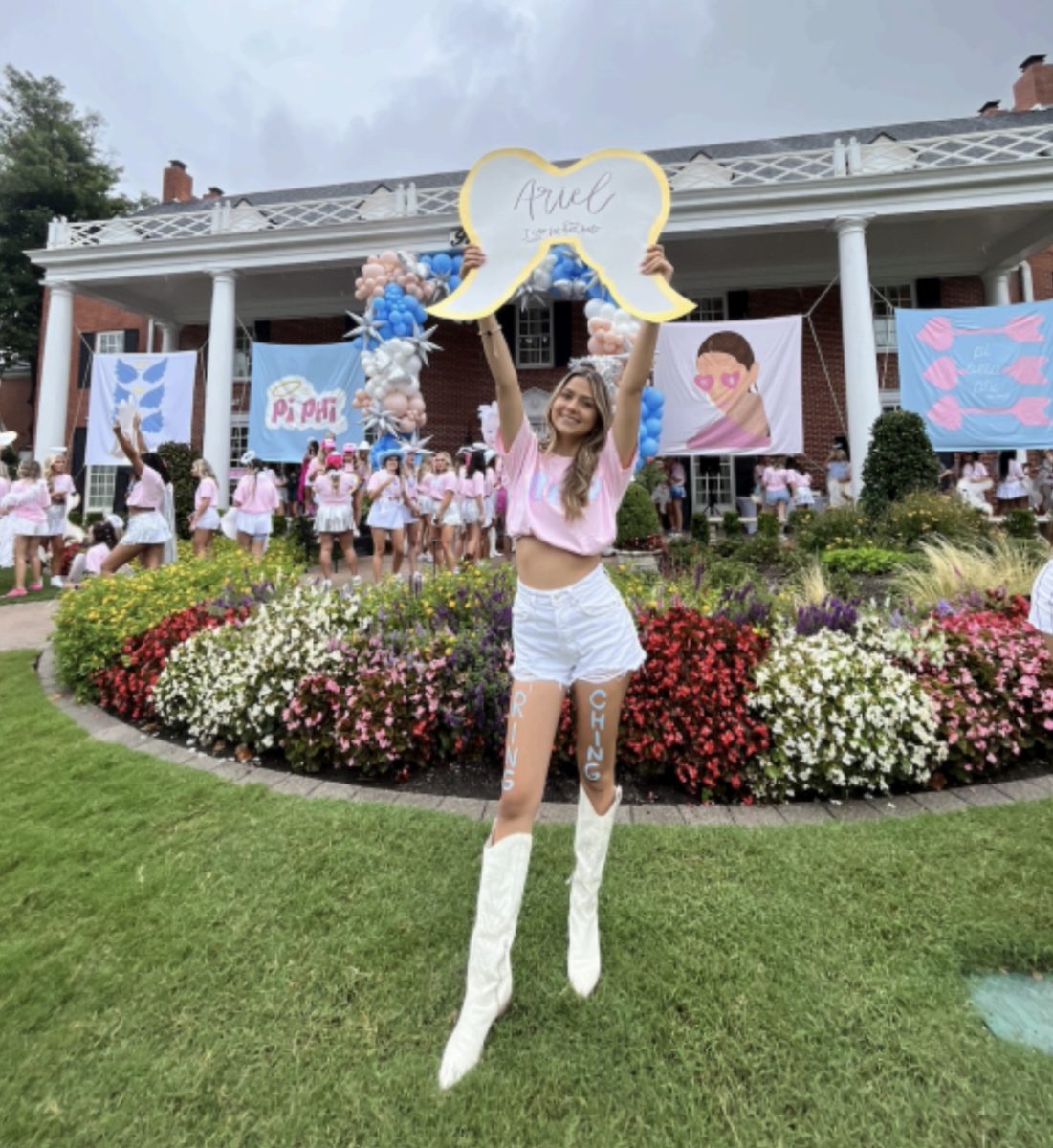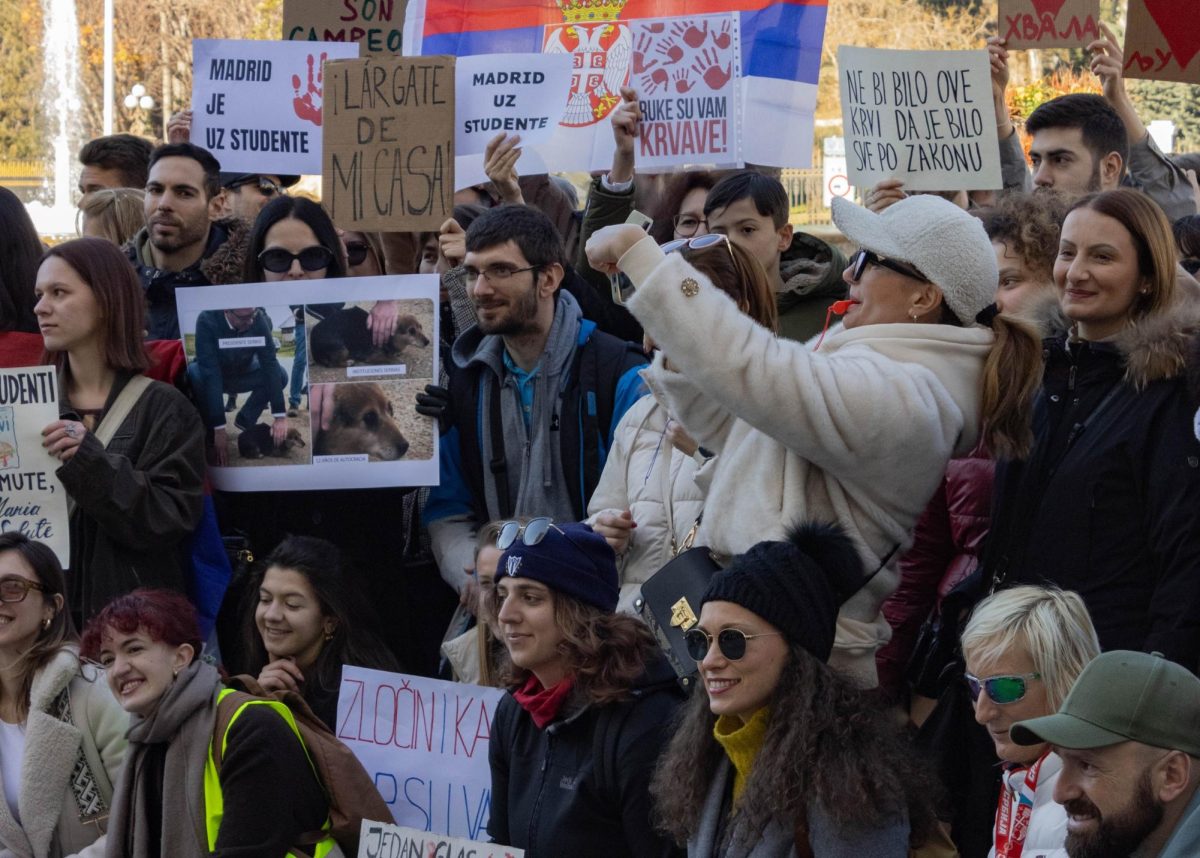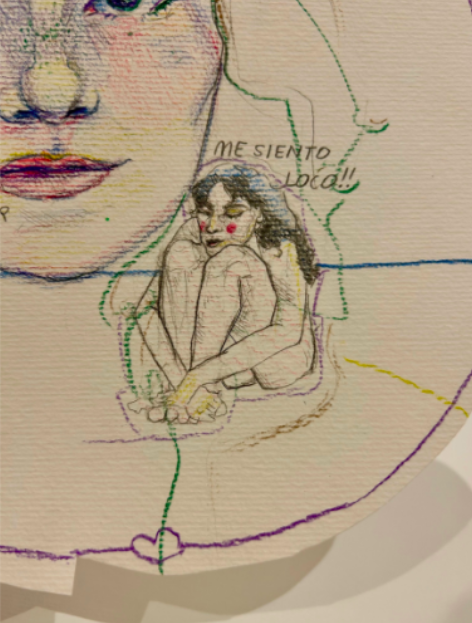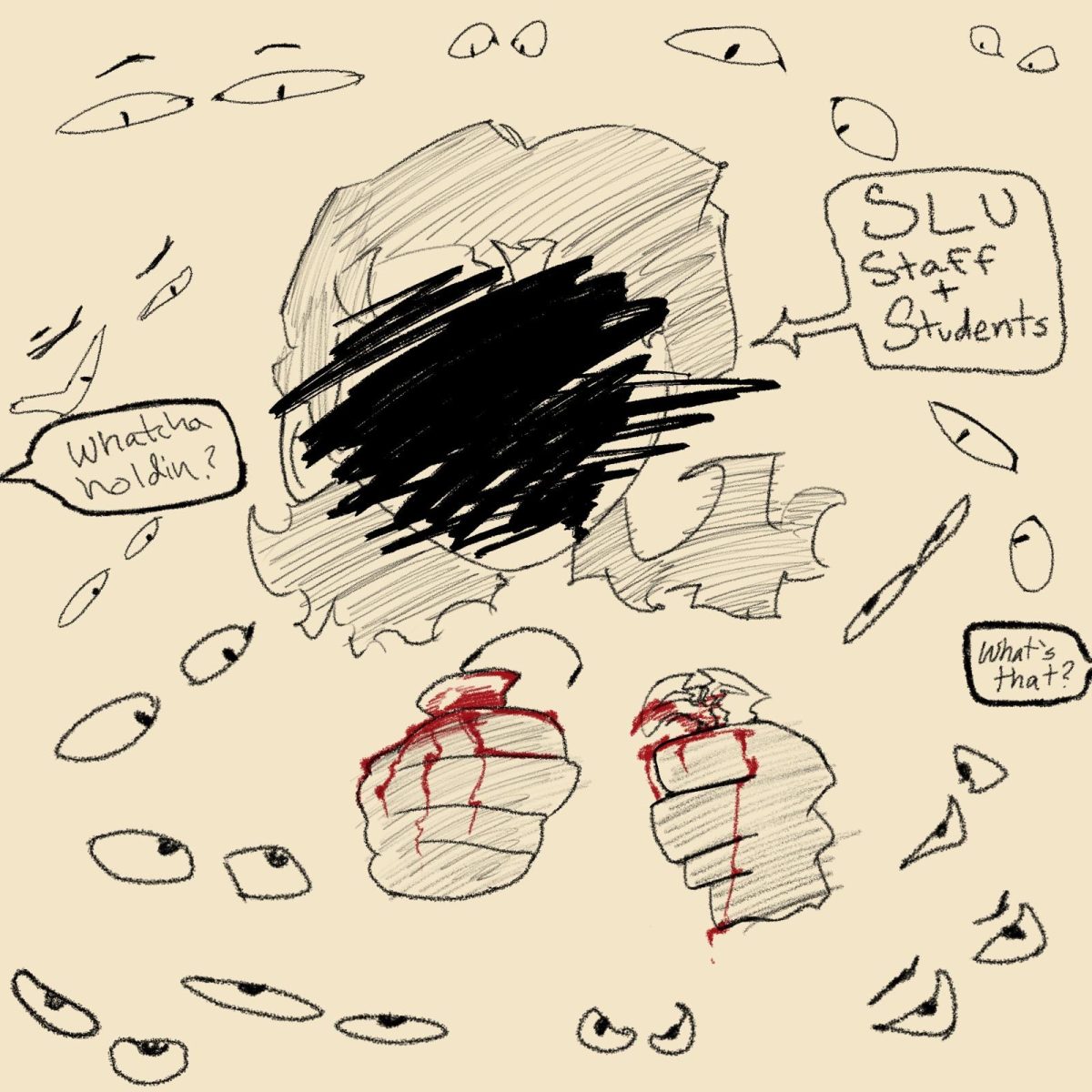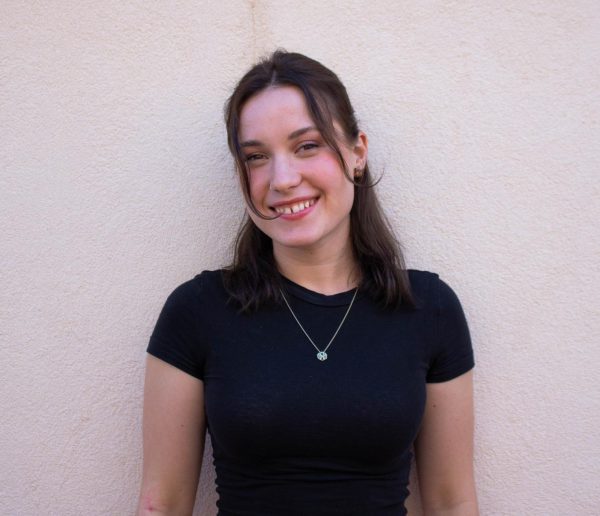For the first time, SLU-Madrid’s Office of Student Life partnered with Citylife to provide Residency Card Workshops.
Citylife, a cultural organization that primarily focuses on helping newcomers adjust to Madrid, hosted four residency card workshops in the first two weeks of the academic semester, as well as a summer webinar, for first-year, transfer, and year-long study abroad students, encouraging students to begin the time-sensitive process early.
In these workshops, Teodora Stefanoff, general manager of MTS and Citylife, explained the timeline of the TIE process, what documents needed to be acquired, and how to fill out the paperwork. She also gave examples of what the paperwork looked like, and explained their significance, like the Padrón, because international students may be unfamiliar.
Michaela Monterola, a freshman with an international background, attended the online webinar and also paid for Citylife’s additional residency resources, referred to as MTS. Monterola described the experience as “Definitely worth it.”
Ashley Jost, Student Life Director, said CityLife was a helpful resource for students.
“People have always used lawyers,” said Jost.
As a cheaper resource, Citylife can even make appointments for students, which Jost notes is typically “the most stressful thing, I think, for a lot of people.” Monterola said something similar.
“I would [recommend it], especially at the beginning,” said Monterola. “I think that it’s just better to have someone more experienced, you know, booking those appointments for you.”
These brief sessions took around an hour and were accompanied by a Q&A session. It was optional, and around 150 students took advantage of this new program. Of those students, roughly 60% chose to pay MTS to do the whole TIE application process for them, said Stefanoff. This service cost 190 euros. Those students will have their NIE card by the end of the semester, granted that they go to their scheduled appointments on time.
Student Life came up with the idea last spring, when they sent out an evaluation form, asking current students where they were in the residency card process, and their thoughts and feelings towards the process itself. This was done in order to collect information on what resources needed to be boosted for students, and what would be the most useful.
“This [the residency workshops] is an extension of that,” said Jost. She is also focused on making an individual effort with each new student. This semester, she’s been scheduling 15 minute meetings with students to discuss the process and next steps. She’s also been making visits to the Cura Personalis 1 classes.
This is part of a larger goal: “A big thing for me is how can I hear what students are saying and implement effective change,” said Jost.
